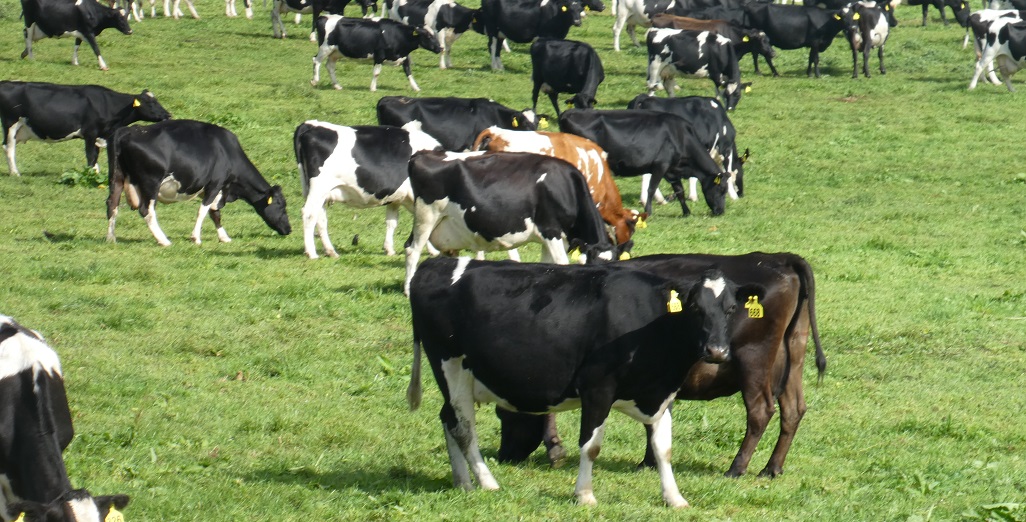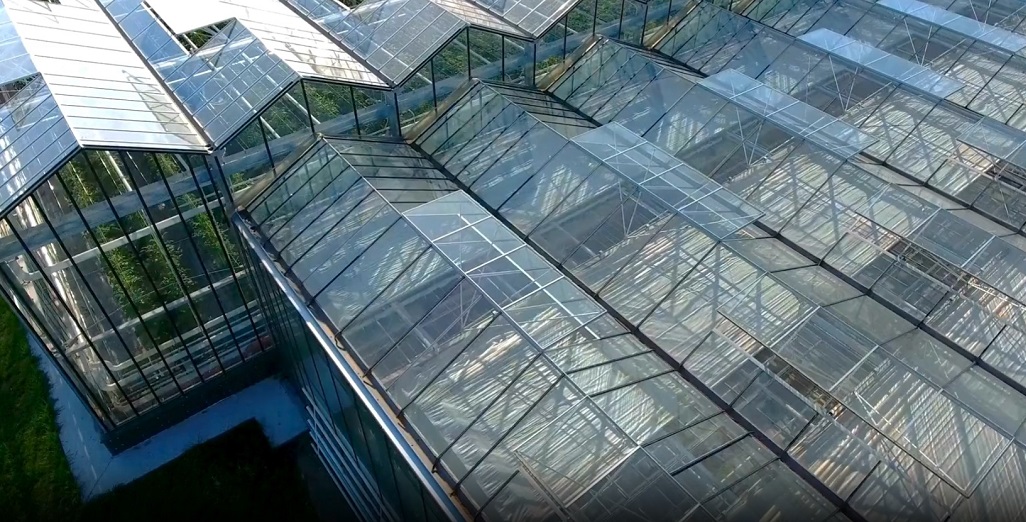Sign up here to subscribe to the Grower2grower Ezine. Every two weeks you will receive new articles, specific to the protected cropping industry, informing you of industry news and events straight to your inbox.
May 2021
Energy is at a tipping point
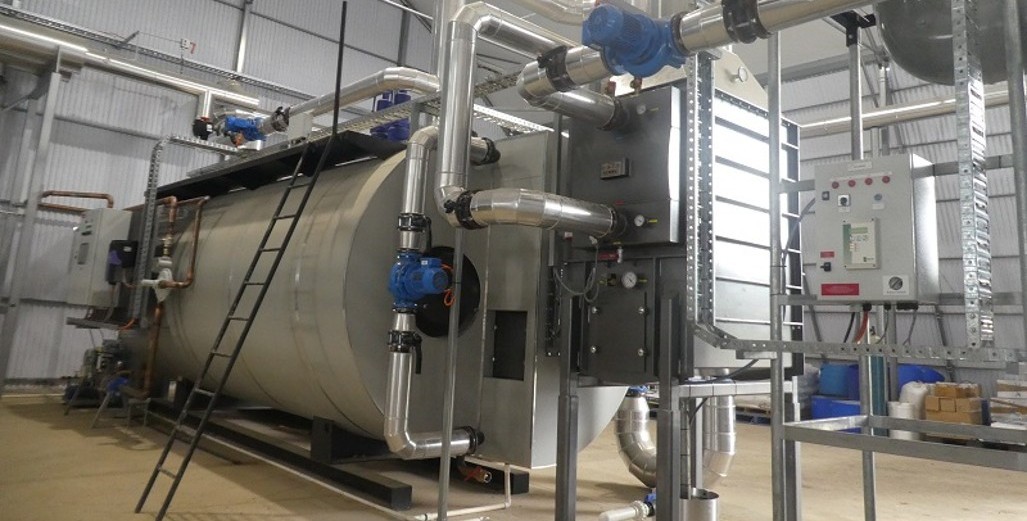
Growers are being squeezed
Opinion:
The high attendance at the two recent energy workshops, organised by Tomatoes NZ and Vegetables NZ, is an indication of how serious energy concerns are for growers. Basically, the decision many growers face is to either change their energy source or predominantly grow summer crops. It is the largest threat I can remember, in the past thirty years, and in that time, we have had some huge setbacks including large biosecurity breaches. The increase in Emission Trading Scheme tax (ETS), the future banning of low temperature coal boilers and no new gas exploration is not only putting real pressure on our national electricity networks but is going to hit small and large growers to the point of no return unless someone listens, and fast. The electricity network still has the ability of importing millions of tonnes of coal and spreading those cost onto the team of five million but for greenhouse vegetable growers this is not the case.
If New Zealand growers are unable to produce food at a competitive price, especially during the winter, then there will be only one winner, the Australian greenhouse growers. Even though the carbon footprint will be much greater importing produce this is the most likely outcome.
The Government Investment in Decarbonising Industry Fund (GIDI), which has been set up to help businesses change from fossil fuels to renewables is commendable. However, it will not help every business, as the maximum co-funding is 50%, this still leaves a huge capital investment to pay back with medium to long term Return on Investments. The fortunate businesses, that can leverage funding, will prosper and could even have a competitive advantage, and for the less fortunate growers just be thankful the benefit has increased. There are other funds to help smaller growers, but this alone won’t help every grower that models their business on using low-medium water temperature to grow healthy, fresh, locally grown vegetables in our winter. One interesting question that was asked is ‘does the ETS tax that has been paid by industry, reflect in the amount of co-funding that has been made available by government in this decarbonisation fund? This is highly debatable.
A fantastic presentation was made, regarding the Dutch greenhouse horticulture industry, and their move to reducing the reliance on gas and transition to renewables. The big difference is that in the Netherlands the government has heavily subsidised investment, into renewable energy, for the greenhouse sector. The Dutch have been able to use these subsidies to drill up to 4000 m deep for geothermal energy – a cost no single greenhouse grower could pay without government backing. Energy Efficiency and Conservation Authority (EECA) is doing a superb job, with the funds they have been allocated, but their amazing efforts can only carry on if they are allocated a huge funding injection.
It is great that as a country we are looking to move from fossil fuels to renewable energy, I do not have a problem with the concept. What I am extremely concerned with is we are trying to put the roof on the house before the foundations have been completed.
Growers can change, they will adapt – but they can’t just pick up their greenhouse and move to a known geothermal location, that has lots of spare labour handy, and be able to invest in new properties. This year we are protected from the debacle, which is the major shipping disruptions currently occurring, but this won’t always be the case and if everything is back to pre-covid levels in 2022 then growers could be at a tipping point.
Growers may turn back the clock and use recycled oil. The conversion costs are relatively low compared to starting from new. The ongoing issue if this occurs will be the supply and demand which will then ultimately effect growers currently using this energy source.
Article written and compiled by Stefan Vogrincic
All Article’s checked and edited by Marie Vogrincic
I appreciate your comments. Please feel free to comment on the grower2grower Facebook page:
https://www.facebook.com/StefanGrower2grower/
CLASSIFIED
Subscribe to our E-Zine
More
From This Category
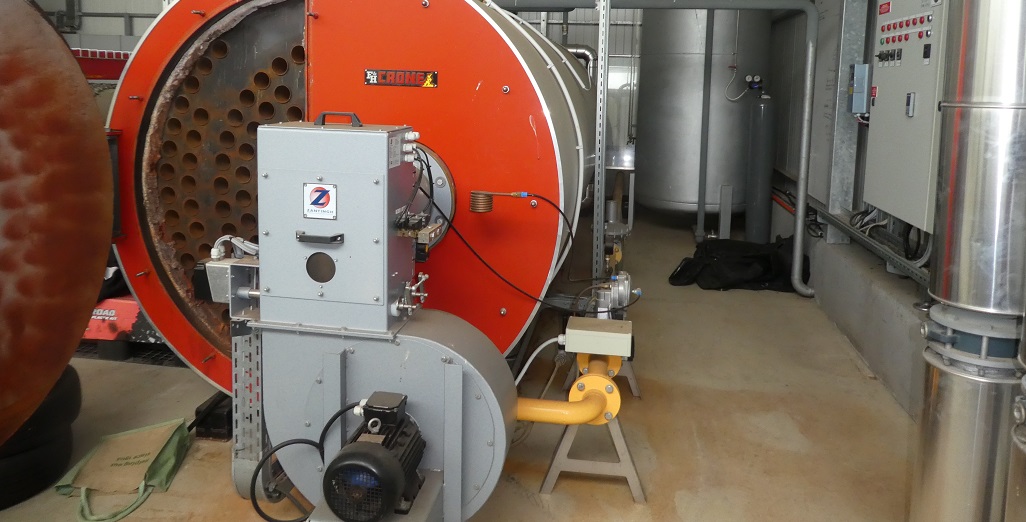
New Industrial Process Heat Consenting Requirements in Aotearoa New Zealand
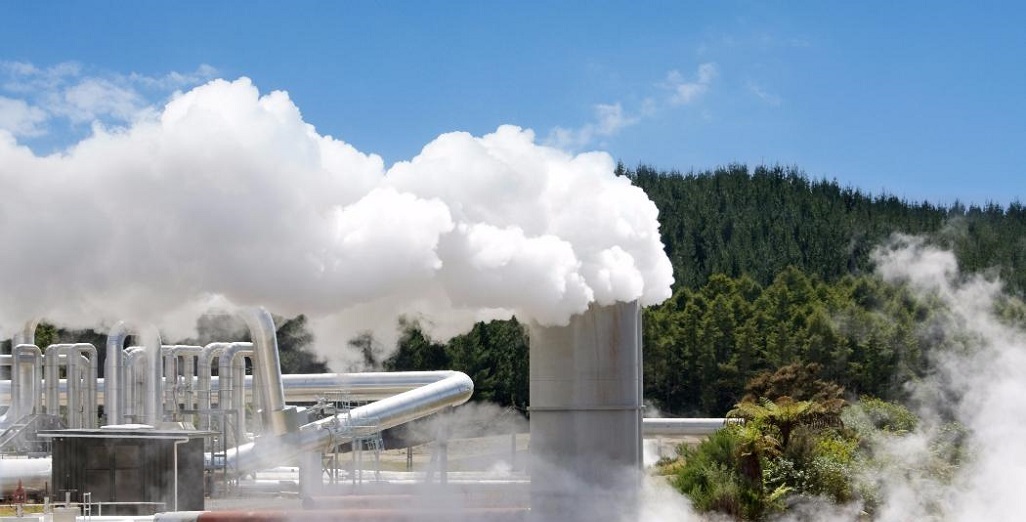
GNS Scientist wants greenhouse grower to consider geothermal Heat

Ribbon cutting marks the opening of a new JS Ewers Biomass Energy Centre

Flexible Solar Panels Look Set to Disrupt the Industry
